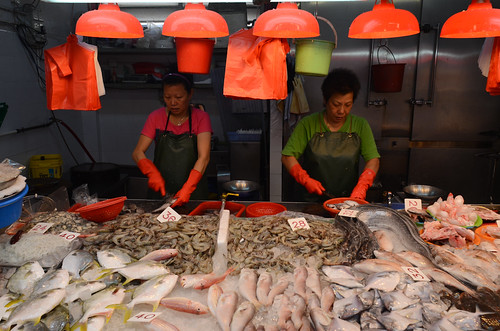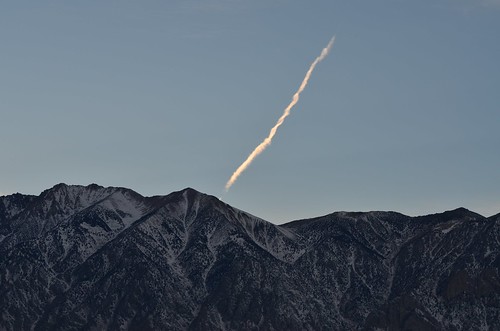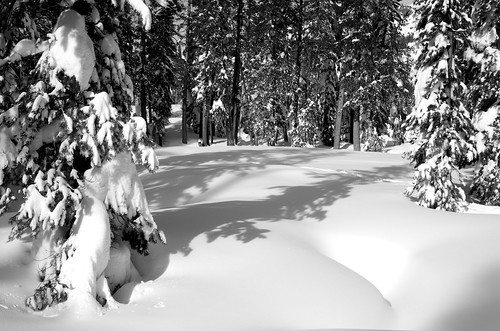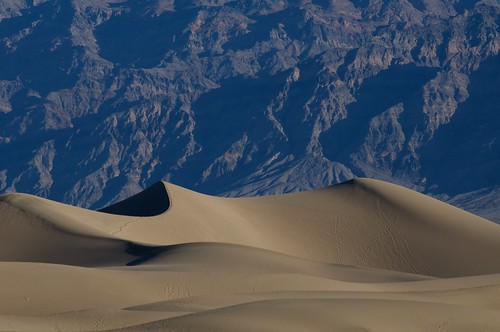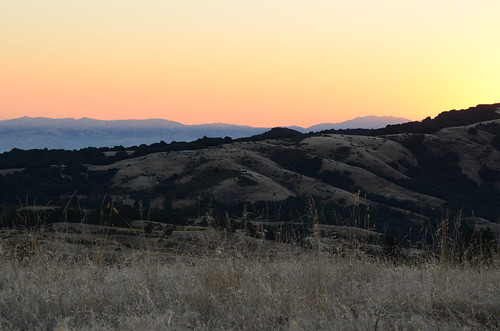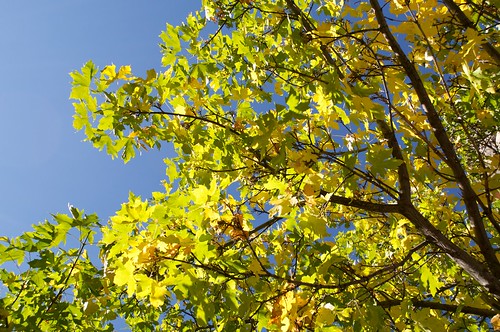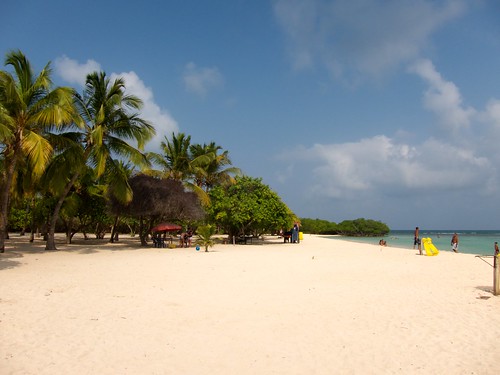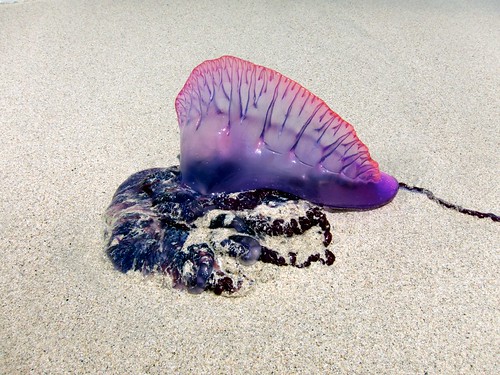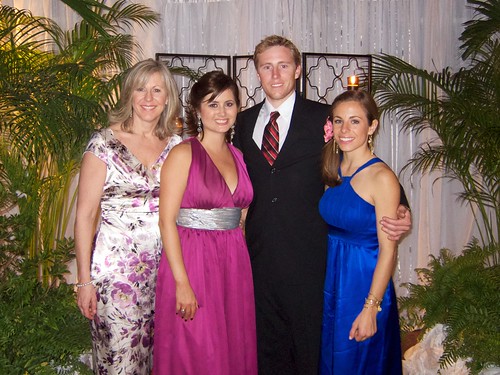Chavez Country
I am now halfway through my tour of part of South America.
The trip started off in Venezuela (more pictures from Venezuela here) where I was immediately introduced to my second family, the Hurtados. About 90 minutes after landing in Caracas, I had seen a dead body, saw Ines for the first time in almost 7 years, met her father, mother and other sister, about 30 (at least!) other members of her extended family, and though I tried really hard to remember their names, I forgot most of them. And then I got my first glass of wine in South America which was soon replaced with a cuba libre. Shortly after, some of Ines' friends taught me how to call Chavez a son of a bitch in Spanish, which was a new Spanish expression for me.
I then proceeded to spend the next 3 days enjoying solitude and sunshine in the small beach town of Chichirivichi, reading, appropriately, 100 Years of Solitude. I also spent time recovering from the bad sunburns I received after my first contact with the sun in quite a while. I also got to see a great big jelly fish, which was awesome, and yet scary.
A long drive later and I was back in Caracas combing the city for Arepas (which are really good), wedding cheese, wedding pastries and views of the city. Thursday and Friday with my mom, sister and the Hurtados went fast, but seemed to cover much more time than just the 45 hours we were all together those days.
Some things I learned:
- Weddings in Spanish aren't as easy to understand as I thought initially.
- "Merengue is with couples and Reggaeton is sexy"
- My Spanish skills get better with alcohol and the English skills of others similarly increase with alcohol.
- Arepas are delicious any time of the day, for breakfast, for lunch, after a great wedding reception, or while walking around like a zombie in an airport at 5 in the morning.
- Apparently I can dance Salsa (or the Venezuelans were being nice and just wanted me off the dance floor)
In all, a great first part of my trip. New food, new people, new places and hanging out with my first and second family. Estoy chevere (or, in Peru, cheverenge).










